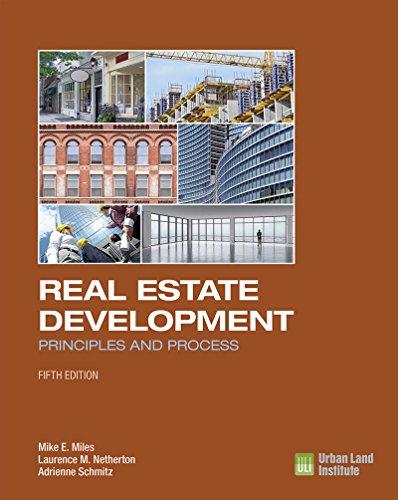Answered step by step
Verified Expert Solution
Question
1 Approved Answer
QUESTIONS Why do venture capitalists use preferred stock? If you were an entrepreneur, how would you think of the difference between a preferred - plus
QUESTIONS
Why do venture capitalists use preferred stock?
If you were an entrepreneur, how would you think of the difference between a preferredpluscheap
common structure and a convertible preferred structure?
How does the concept of fiduciary duty play into the use of preferred stock?
Why is the concept of vesting used in venture capital deals? Why do managements agree to it
Why would Mark Rockefeller and Mickey Konson of StreetShares agree to a transaction that
included a liquidation preference, an ongoing quarterly management fee, a put in six years priced
at the greater of fair market value or the accrued return, and a $ million premoney valuation claw
back should the company not reach a longterm deal? Why would Rotunda Capital Partners have
suggested it
Ever the risktaker, Maxine has invested in another of Sam's companies. This time, she pays $ million
for percent of Special Stuff SS Calculate the payout table and draw the graphs for Max and Sam
in the following situations:
a The deal is structured as allcommon, and PredatoryPurchaser PP offers Sam $ million for
the company.
b The deal is structured as a redeemable preferred with cheap common deal and PredatoryPurchaser
PP offers Sam $ million for the company.
c The deal is structured as convertible preferred and PP offers Sam $ million for the company. At
what price will Max convert to common?
d SS goes public at a valuation of $ million and Max owns participating convertible preferred.
e OtherStuff, a private company, buys SpecialStuff for $ million. Max owns participating convertible
preferred.
Why would an investor even fund a company that would accept a liquidation preference?
Consider that you hold securities in a company that has just accepted an investment of $ million
with liquidation at $ million premoney. How would you value this company if you were the "new
money"? The previous investors?
SpecialStuff needs another $ million. Acme, happy with its returns on Sam's first company, eagerly
agrees to participate, investing $ million for percent of the company. Assume the first round was as
in question and each owns convertible preferred stock.
a How much do Max and Sam now own?
b Create payout tables for exit values at $ million, $ million, $ million, and $ million for each
participant assuming pooled seniority
cwith Acme senior to Max and Sam.
How does antidilution make sense?
Calculate the difference in Max's ownership in the following scenarios: SpecialStuff raised its A round
at $ per share. Max invested $ million for million shares and ownership. Now Special
Stuff is raising a B round, but the market has turned against it and Acme will only pay $ per share
for million shares. Assume that Max doesn't participate at all and allows Acme Ventures to take the
whole round.
a What if Max has full ratchet antidilution?
b Weighted average?
c If Max participates pro rata to her ownership, how will A and B change?

Step by Step Solution
There are 3 Steps involved in it
Step: 1

Get Instant Access to Expert-Tailored Solutions
See step-by-step solutions with expert insights and AI powered tools for academic success
Step: 2

Step: 3

Ace Your Homework with AI
Get the answers you need in no time with our AI-driven, step-by-step assistance
Get Started


